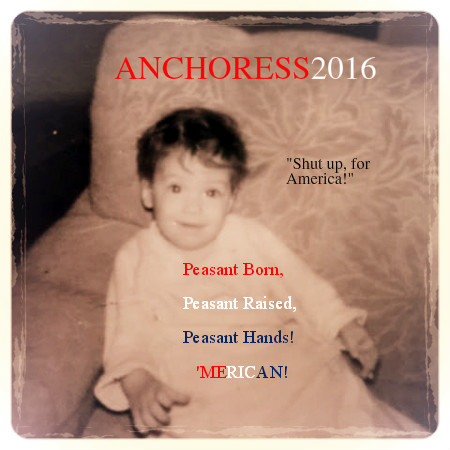America is not happy. However it might look on paper, in reality we are not getting along. We are e pluribus unum, no more.
I wrote that, and later struck it as being too harsh, for my latest column at First Things, which was written after an evening’s troubling conversation with an African American friend who is feeling done with everything and everyone. The militarized police in Ferguson so strained his basket of disciplined goodwill that I suspect one more straw, no matter how light, will break it, and irreparably.
In my friend’s anger, I could hear his limits having been met. Suppressed resentments, dammed back over decades, were surging, pressuring him to simply give up and give himself over to the sense of grief and pain that had him wracked. But to release the anger, for the sheer relief of it, was also a scary thought. He is not a man interested in creating collateral damage for self-gratification.
The conversation was instructive and wrenching, and one I will be thinking about and praying over for a long time and will probably write about as I process it further. One thing we touched on as we talked was the sense that the whole nation is “done with it”, whatever it is, and resentment — a sense of the promise of America not having been kept — is everywhere.
National resentment means an unhappy America and a citizenry at-war with itself, because resentment can only exist where there is an “other”. That’s what I was pondering as I wrote my latest column for First Things, in which I gamely filtered through my mother’s troubled and troubling anti-Semitism.
“Those Jews really stick together,” she would rant, never pausing to consider how the pogroms and ashes of not-distant history were the costly components of so strong a glue. […]
Though the specter of anti-Semiticism has diminished though not been made extinct, it distresses me how often Americans level complaints against each other in the same manner as my mother did against Jewish people.The haves and have-nots are watching each other with distrust, each saying “they stick together” and the resentment mounts.
The African-American community and the cops are facing off, saying among themselves: “they close ranks; they stick together” and fear and distrust fulminate.
The political class and the hoi polloi are at a similar stand-off, with their roles as servants and masters utterly confused; between secularists and believers, the barricades are rising.
Truly, from class to class, community to community, no one seems capable of assuming good faith, or of reaching out to others in that assumption. There is a sense that only one more line need be crossed before everything falls apart. And if groups of all sorts aren’t able to stick together, how can we hope that America will have any sort of cohesion?
The “great experiment” that has been America is looking a bit rocky, perhaps because we barely know ourselves anymore. And what nation can be sustained without a sense of itself as a people?
You can read the whole thing here. I’ll be interested in your thoughts.
In one of those odd bits of synchronicity that happen, sometimes, I no sooner finished filing the column when I saw saw David Mills posting on a very similar theme at his blog, where he picks up a point from Cornell West.
You’ve got to be able to tell the truth to the American people. We’re not a family. We’re a people. We’re a nation. And a nation always has divisions.
We’re not a family, we’re a nation, that’s an important insight.
I think much of current policy comes from trying to settle disputes as if we were a family, where forbearance can be imposed and concessions to the odd or eccentric or egotistical member can be required, even if his demands aren’t fair or reasonable, because the alternative is division. Hence what’s called political correctness — which has a conservative as well as a liberal mode — which tries to squelch possibly divisive arguments in favor of a kind of family coziness, which of course is in fact dysfunctional.
This morning brings Frank Bruni, writing about feeling Lost in America:
More and more I’m convinced that America right now isn’t a country dealing with a mere dip in its mood and might. It’s a country surrendering to a new identity and era, in which optimism is quaint and the frontier anything but endless.
There’s a feeling of helplessness that makes the political horizon, including the coming midterm elections, especially unpredictable. Conventional wisdom has seldom been so useless, because pessimism in this country isn’t usually this durable or profound.
My column was weeded of the line that opened this post because it seemed too hard, too negative. Want to see what else got struck?
The “great experiment” that has been America may be nearing its end, and perhaps that will be for the best, for we barely know ourselves, anymore.
My mother’s resentment of Jewish people was rooted in her sense of exclusion and of not belonging. The sad realities of her life had cast her adrift; raised by anyone with a spare room, she belonged nowhere, and to no one. Perhaps that, more than anything, informed her jealousy and hate, because the Jews — neither entitled, nor ungrateful, nor privileged, nor unfairly compensated — knew who they were and belonged to each other; they were, first and foremost, a people watching out for themselves and each other, before submitting to anyone else’s rhetoric.
That doesn’t sound so bad, just now. We’re not exactly a flophouse nation, yet. But we are seriously adrift.












